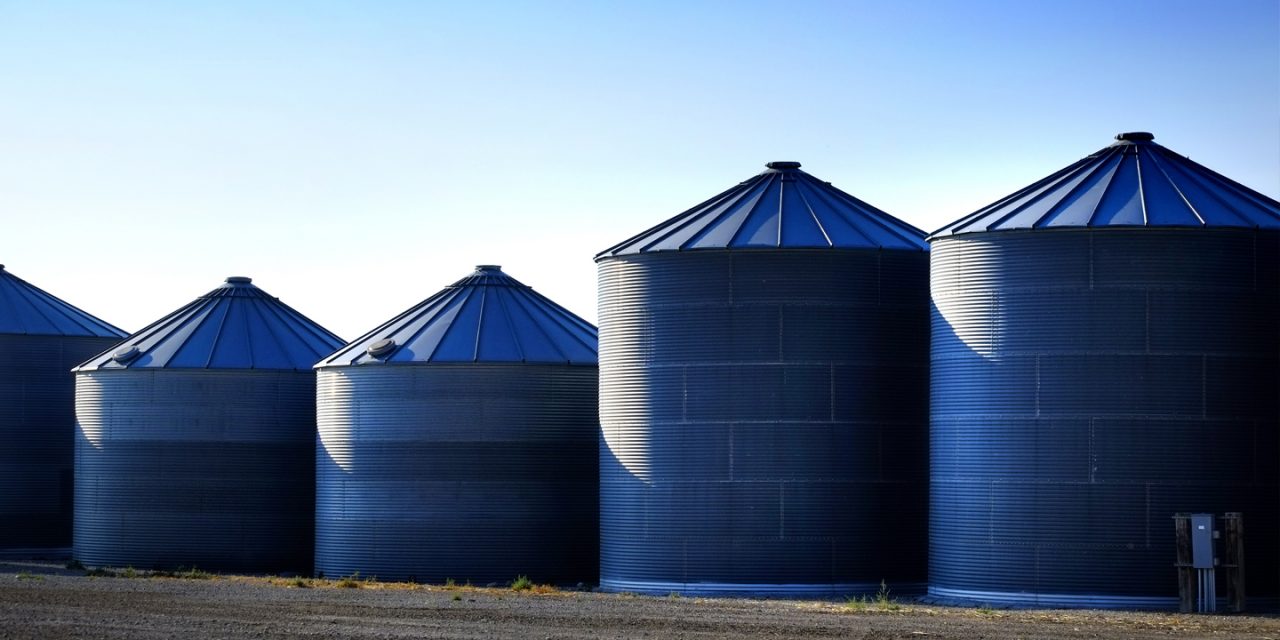President Trump’s steel and aluminum tariffs may cause significant harm to agriculture, Missouri’s largest industry. Agriculture contributes over $88 billion annually to the state economy. In contrast, Missouri only has one former aluminum smelter that plans to partially reopen and no current steel production. For Missouri, this policy is clearly far more harmful than helpful.
Farmers rely on heavy machinery like tractors and combines and buy many tools and goods made from these materials, from cattle fencing and gates to grain bins. Several manufacturers have warned that prices for these items may surge due to the increased raw materials cost that the new tariffs will cause. As farmers enter the fifth consecutive year of low, stagnant prices, margins are thin and they cannot afford large increases to input costs.
These tariffs will also hurt our allies far more than our opponents. While the President has concentrated his rhetoric on inexpensive Chinese steel, the U.S. Department of Commerce says last year only 3.35 percent of steel imports came from that nation. The European Union, Canada and South Korea, three of our closest geopolitical allies, provide almost 50 percent of U.S. imports.
The most worrisome part of President Trump’s tariffs is the threat of retaliation from our trading partners. Agriculture is the strongest export sector in America, so it will be the first to face retaliatory tariffs from other countries upset over the steel and aluminum tariffs. American farmers export more agricultural products than any other country on earth. Retaliatory tariffs would hurt Missourians far more than President Trump’s tariffs could ever help.
While President Trump’s tariffs focused on a politically-popular sector, the steel and aluminum industry are not as important as they once were. America relies much more on the strength of its agriculture sector than its metal manufacturers. In 2017, the U.S. Geological Survey (USGS) estimated that the iron and steel industry produced about $147 billion worth of goods. Exports of agricultural goods alone exceeded that, at $155 billion, according to the U.S. Department of Agriculture (USDA). The total value of agricultural goods is nearly one trillion dollars; almost seven times the domestic iron and steel market.
Steel mills and aluminum smelters evoke memories of the hard-working American ethos, and they are still important to many communities. But today Missouri’s strongest exporter is the hard-working farmer. Washington should not lose sight of the best export industry we have.


